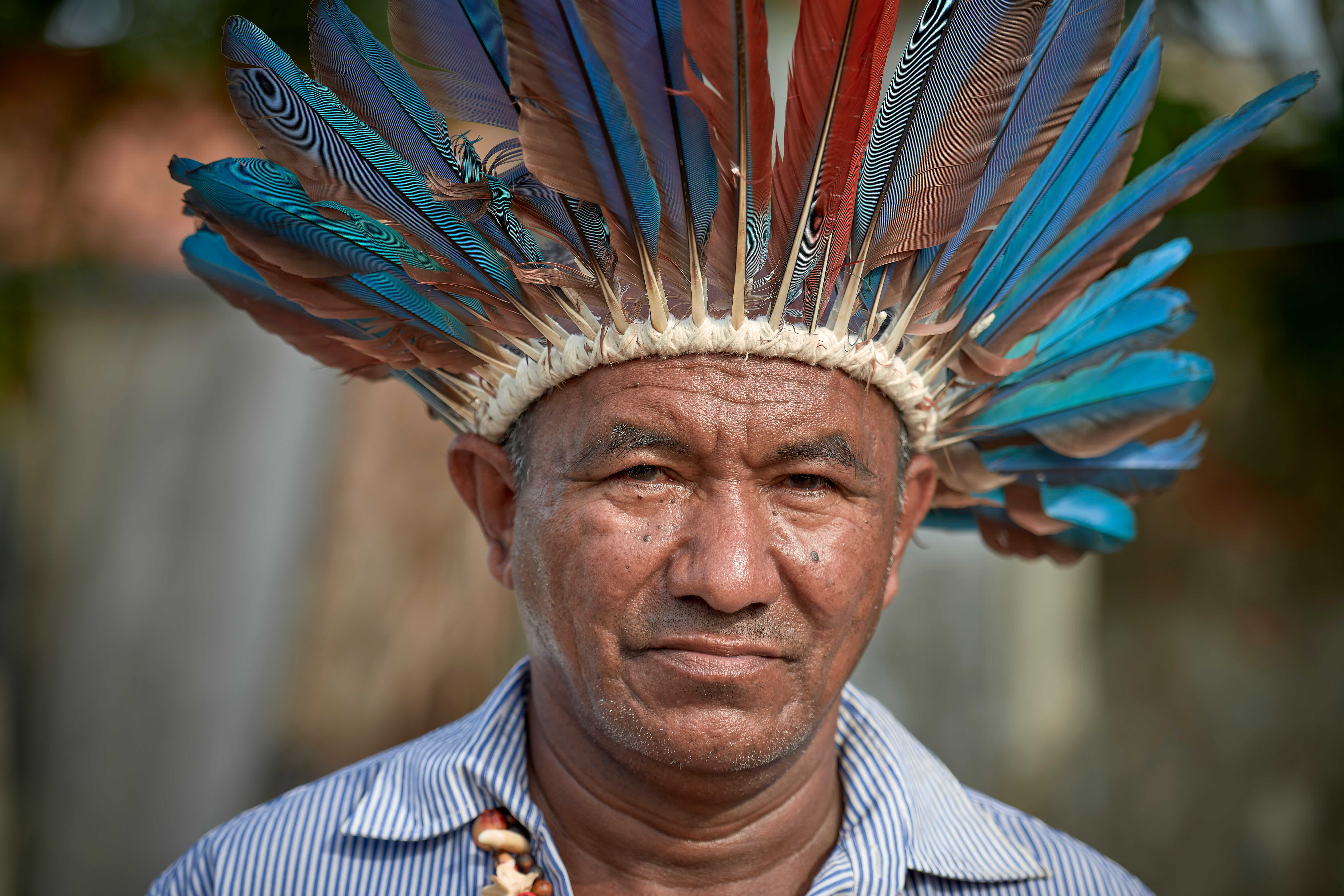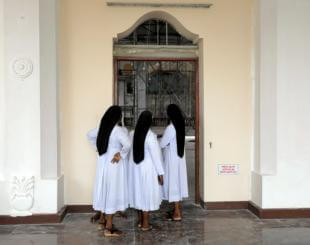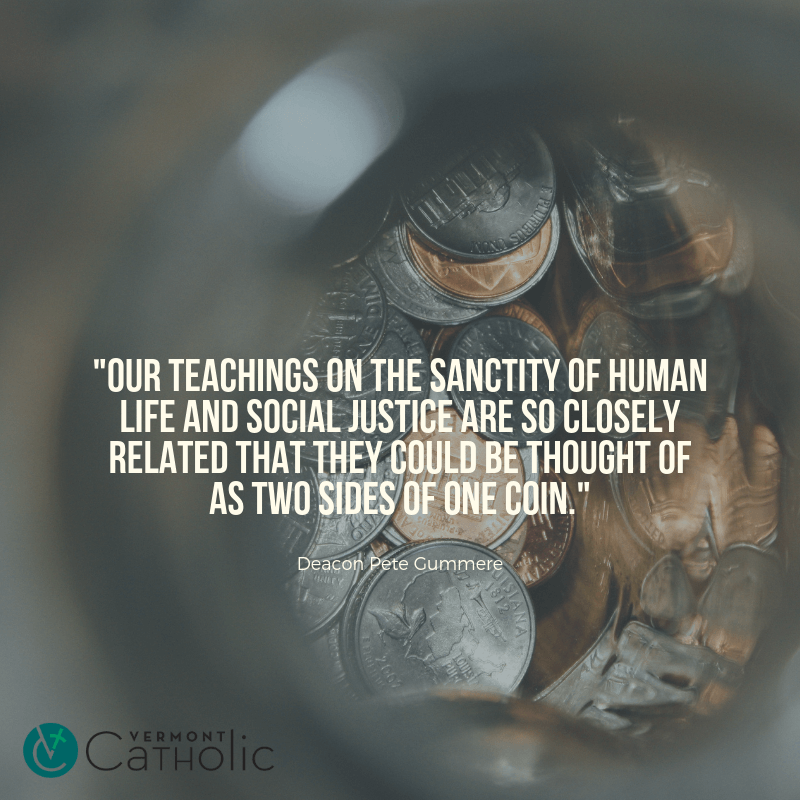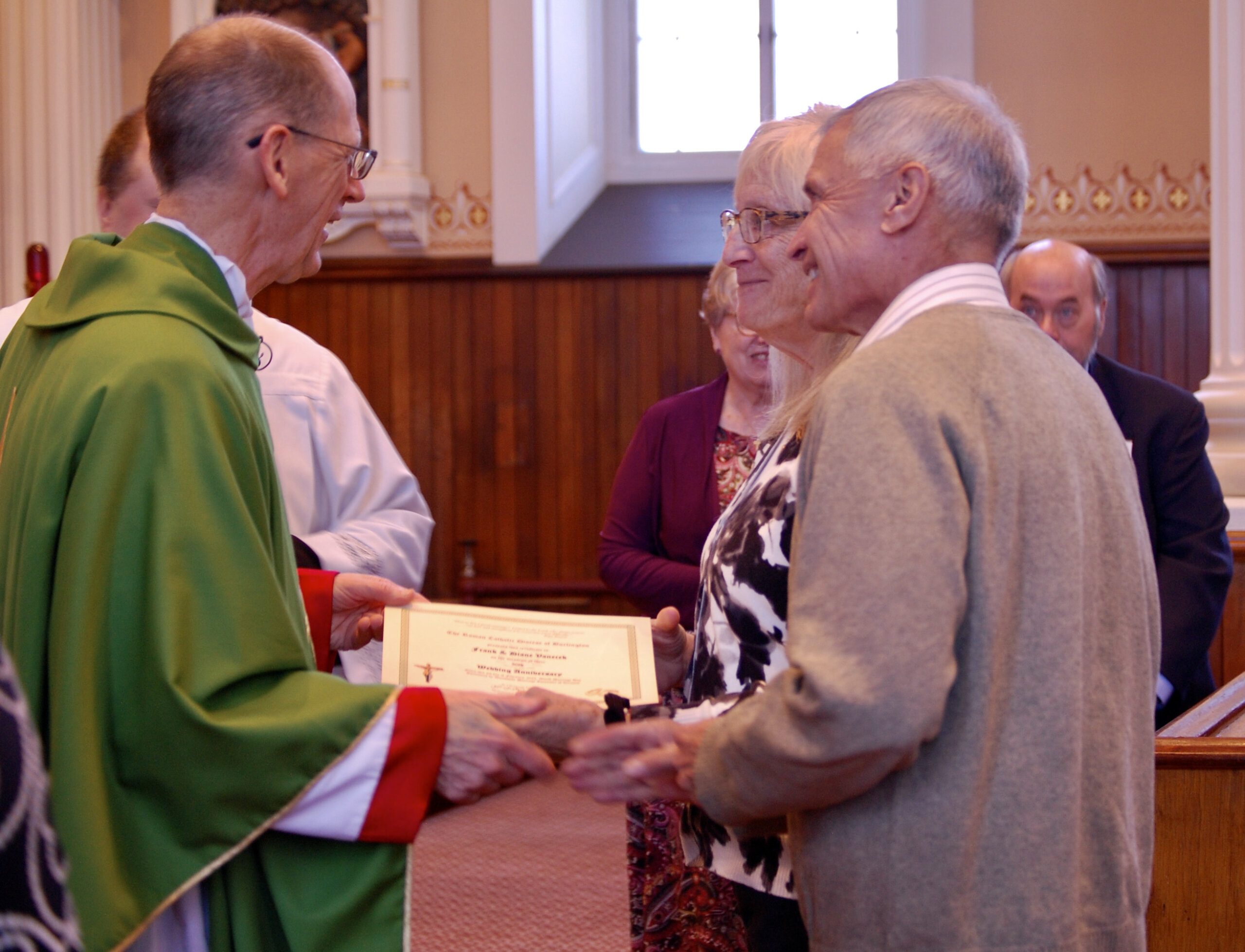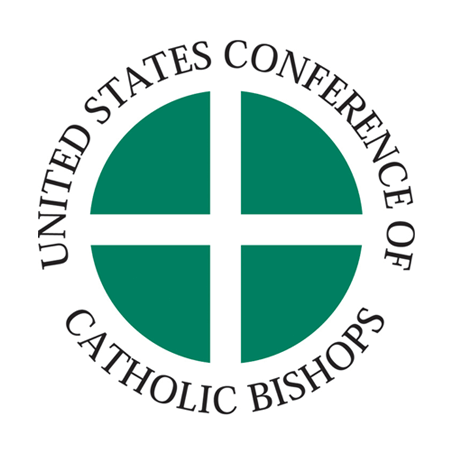
Five committee chairmen of the U.S. Conference of Catholic Bishops wrote a letter to members of Congress opposing the recent reintroduction of the Equality Act which is scheduled to be voted on by the U.S. House of Representatives this week. The bishops warned of the threats posed by the proposed legislation to both people of faith and of no faith with respect to mandates impacting charities and their beneficiaries in need, health care and other conscience rights, taxpayer funding of abortion, freedom of speech, women’s sports and sex-specific facilities. Their letter explained:
“[E]very person is made in the image of God and should be treated accordingly, with respect and compassion. This commitment is reflected in the Church’s charitable service to all people, without regard to race, religion or any other characteristic. It means we need to honor every person’s right to gainful employment free of unjust discrimination or harassment and to the basic goods that they need to live and thrive. It also means that people of differing beliefs should be respected.”
Furthermore, the bishop chairmen asserted, “The [Equality Act] represents the imposition by Congress of novel and divisive viewpoints regarding ‘gender’ on individuals and organizations. This includes dismissing sexual difference and falsely presenting ‘gender’ as only a social construct. As Pope Francis has reflected, however, ‘biological sex and the socio-cultural role of sex (gender) can be distinguished but not separated. … It is one thing to be understanding of human weakness and the complexities of life and another to accept ideologies that attempt to sunder what are inseparable aspects of reality.’ Tragically, this Act can also be construed to include an abortion mandate, a violation of precious rights to life and conscience.”
They concluded, “Rather than affirm human dignity in ways that meaningfully exceed existing practical protections, the Equality Act would discriminate against people of faith.”
The letter was jointly signed by Bishop Michael C. Barber, SJ, of Oakland, chairman of the Committee on Catholic Education; Archbishop Paul S. Coakley of Oklahoma City, chairman of the Committee on Domestic Justice and Human Development; Cardinal Timothy M. Dolan of New York, chairman of the Committee for Religious Liberty; Bishop David A. Konderla of Tulsa, chairman of the Subcommittee for the Promotion and Defense of Marriage; and Archbishop Joseph F. Naumann of Kansas City, Kansas, chairman of the Committee on Pro-Life Activities.
The letter is available at
usccb.org/resources/Letter_to_Congress_on_Equality_Act_Feb_23_2021.
More information and resources related to the USCCB’s stance on the Equality Act may be found at usccb.org/equality-act.

